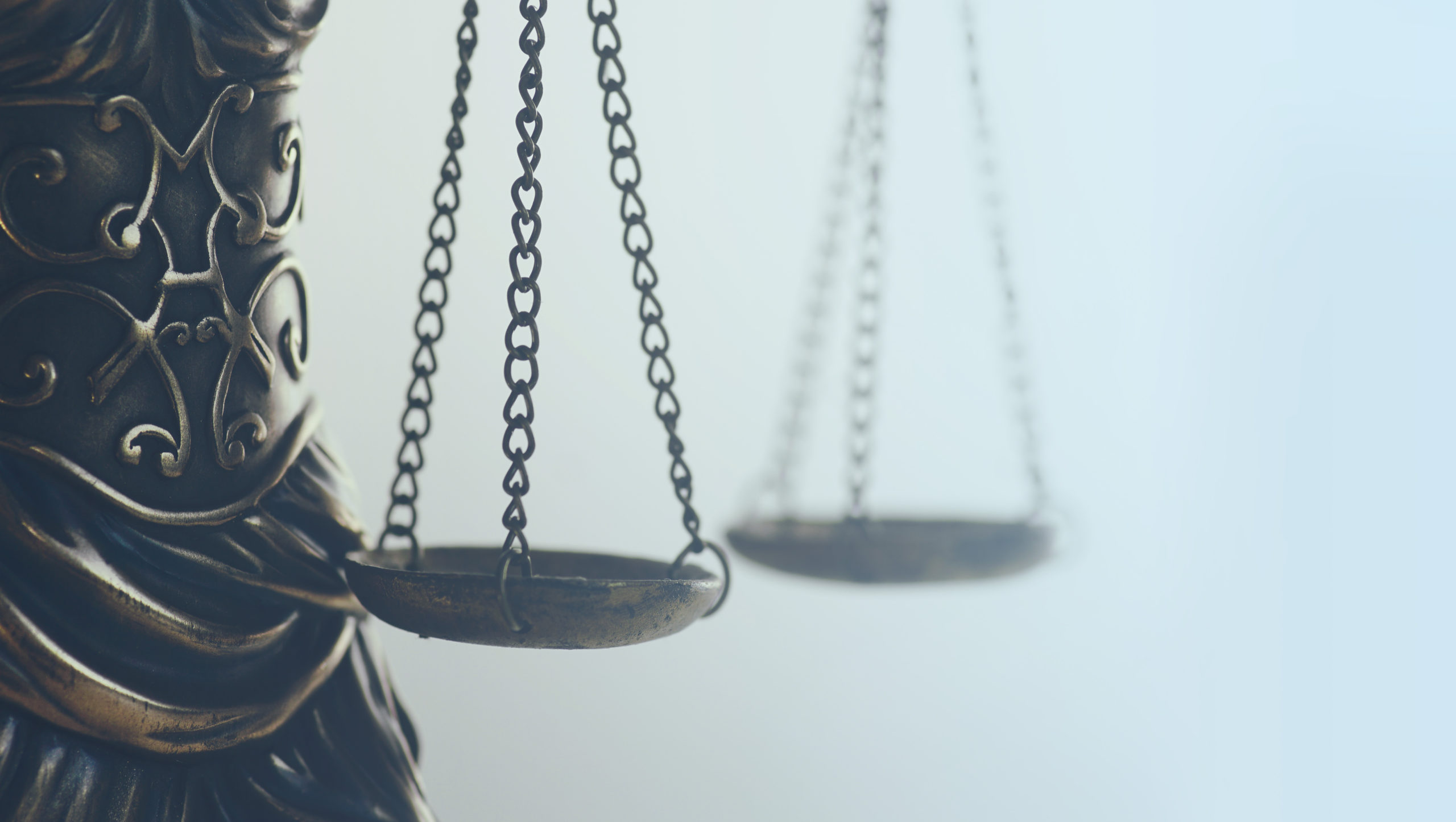- People
- Expertise
Our expertise
We are a team of more than 500 professionals, with the depth of experience which makes us genuine experts in our fields. Together, gunnercooke’s people have strength across just about every corporate discipline and sector. We provide legal, commercial and strategic advice that delivers real value to the clients we work with, which span from multinational enterprises through to unicorns and non-for-profit organisations. Our breadth of expertise covers some of the most interesting and important emerging disciplines, from ESG and charity law, to blockchain and competition.
Search by practice areaDispute ResolutionDispute Resolution OverviewMeet the Dispute Resolution TeamIntellectual Property DisputesFinancial Services & FinTech OverviewProceeds of CrimeEmployment TribunalTax InvestigationProperty Dispute ResolutionInsolvency DisputesMediationCivil Fraud & Asset TracingHealth & SafetyBusiness Crime & InvestigationsLitigation & ArbitrationInternational Arbitration - International
International Offices
gunnercooke has 12 offices globally including the UK, Scotland, US, Germany and CEE, with further plans for growth in the coming years. These offices enhance the existing in-house capability of our dedicated international teams and dual-qualified experts that cover China and Hong Kong, Spain, France, Italy, Brazil and Portugal. Our team has experience working across 101 different countries, speaking 30 languages and are dual-qualified in 15 jurisdictions. Our expertise means we can offer large teams to carry out complex cross-border matters for major international clients.
- Our story
Our story
gunnercooke is the fastest growing corporate law firm in the UK, now making its mark globally. We comprise a rapidly growing number of experts spanning legal and other disciplines. Clients benefit from flexible options on fees to suit their needs, access to a wider network of senior experts throughout the relationship, and legal advice which is complemented by an understanding of the commercial aspects of running a business.
- Reading Room
- News & Insights

Employers beware: your company may be liable for the actions of its employees at this year’s Christmas party
Employers beware: your company may be liable for the actions of its employees at this year’s Christmas party
To what extent is a company vicariously liable for the actions of its employees? With Christmas party season upon us, where behaviour of employees can be an area for concern, a recent decision by the Court of Appeal should give every employer pause for thought. In this blog, I consider the case of Bellman v Northampton Recruitment Limited.
Background of the case
Clive Bellman was employed by Northampton Recruitment Limited (NR) as a sales manager. NR had three directors and shareholders, one of whom, Mr John Major, was described by the court as its “directing mind”. Things were said to be done “his way”.
In December 2011, NR held a Christmas party for employees (and some non-employees) and their partners at a local golf club. After the party, Mr Major paid for taxis to go to the Hilton Hotel for anyone who wanted to continue drinking. About 15 of the original 24 guests attended this impromptu after-party. They included Mr Bellman and his partner.
After a while discussion turned to work matters and, in particular, the salary of a new employee and which of the company’s locations he should be based at. Mr Major is said to have become annoyed and “summoned” the remaining employees, lecturing them on the fact that he owned the company and he was in charge.
At this point, Mr Bellman suggested in a non-aggressive manner that it would be better if the new employee was based at Nuneaton. Mr Major responded by saying: “I f***ing make the decisions in this company it’s my business” and then punched Mr Bellman, who fell down. Mr Bellman got back up, bleeding from his left eye and held his hands up in a gesture of surrender. At this point, Mr Major lost control and hit Mr Bellman again. Mr Bellman was knocked straight out, fell and hit his head on the ground. Mr Bellman suffered permanent brain damage as a result of his injuries.
The legal issues
At first instance, the court held that there was insufficient connection between the position in which Mr Major was employed and his wrongful conduct to make NR liable for his actions. Mr Bellman appealed. His appeal was unanimously upheld, the Court of Appeal deciding that NR should be vicariously liable for Mr Major’s acts.
In making its decision, the Court of Appeal had to consider two key questions:
- What functions had been entrusted by the employer to the employee. In everyday language, what was the nature of his job?
- Was there sufficient connection between the employee’s position and his wrongful conduct to make it right for the employer to be held vicariously liable?
On the first question, Lady Justice Asplin (who gave the lead judgment) said Mr Major’s remit was very wide. As NR’s operations were round the clock, he was either directly working on company business or available for consultation or direction. “Much of what Mr Major did during the average working day was directly or indirectly connected to NR,” she said. “Accordingly, looking at the matter objectively, on the facts as found, both Mr Major’s remit and his authority were very wide.”
Lady Justice Asplin then considered if there was sufficient connection between Mr Major’s position and his actions to make NR liable. She said the drinking session must be seen in the context of the evening’s events. They were not an impromptu drinks party between work colleagues that might happen on any night after work. They were orchestrated and paid for by Mr Major. As such, Mr Major was not merely “a fellow reveller”.
“Even if Mr Major had taken off his managerial hat when he first arrived at the hotel,’ she said, “it seems to me that he chose to don it once more and to re-engage his wide remit as managing director and to misuse his position when his managerial decisions were challenged. He purported to exercise control over his staff by summoning’ them and expounding the extent and scope of his authority. It seems to me that NR’s employees who took part in the drinking session can have been in no doubt at that stage, that Mr Major was purporting to exercise managerial control.”
The court concluded that there was sufficient connection between Mr Major’s field of activities and the assault to render it just that NR should be vicariously liable for his actions.
What lessons can employers learn from this?
What is clear from this case is that employers can be liable for the acts of their employees even when the acts take place outside the place of work or a work event.
However, this decision needs to be considered with caution. Although Lord Justice Irwin concurred with the decision of Lady Justice Asplin, he did so “after some hesitation” and said the circumstances in this case will happen rarely.
“Liability will not arise merely because there is an argument about work matters between colleagues, which leads to an assault, even when one colleague is markedly more senior than another,” he said. “This case is emphatically not authority for the proposition that employers became insurers for violent or other tortious acts by their employees.”
To discuss any issues arising during your employment or related to your company’s Christmas party, please contact me.
If you have any further questions on this topic or other employment law matters, please get in touch:
Thalis Vlachos
DD: +44 (0) 7971 000 048
Email: [email protected]






